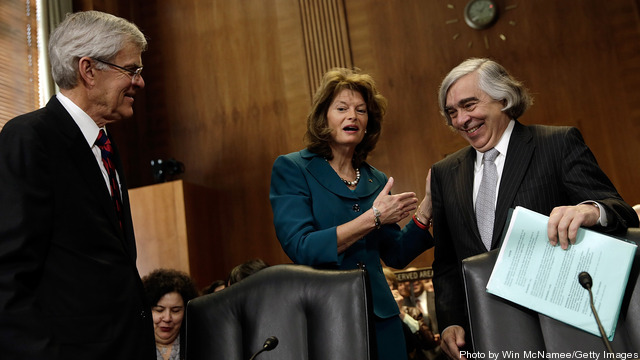
The Senate Energy Committee’s natural gas forums, scheduled for May 2013, will assess several issues surrounding natural gas development to ensure that upcoming policies will maximize economic benefits while maintaining environmental safety.
On April 3, 2013, Senate Energy and Natural Resources Committee Chairman Ron Wyden (D-Ore) and Ranking Member Lisa Murkowski (R-Alaska) announced the committee’s plan to hold three natural gas forums in May. The forums will address topics including a scrutiny of estimates of domestic supply, and potential benefits and consequences resulting from expansion of exports. Keep reading →









